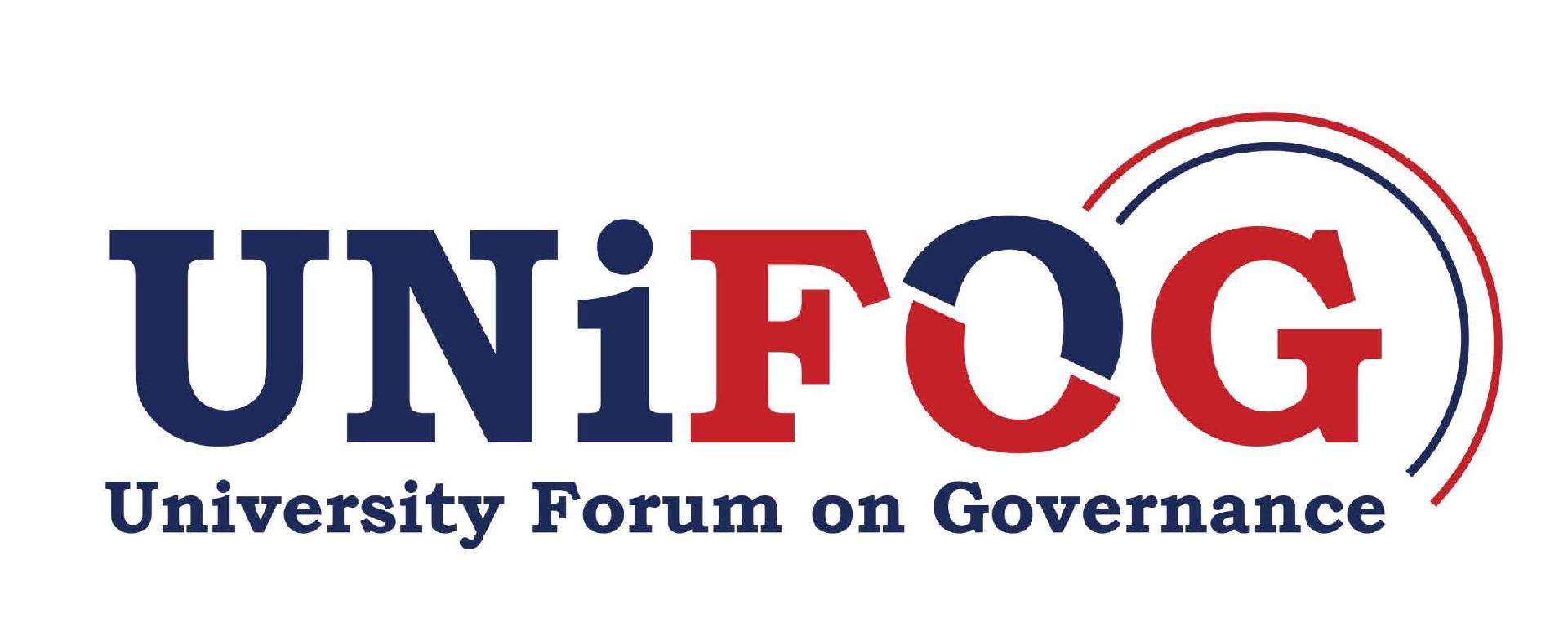Seventeen Years of Decentralization - Foundation Office Uganda and South Sudan
Lecture
Details
Political decentralization, understood as the redistribution of power or functions away from a central authority to smaller units, resulting in the creation of smaller political units with their respective governments and responsibilities. Uganda like many developing countries adopted the decentralization system of government in 1997. This followed several years of theoretical arguments and international policy advice encouraging developing countries to adopt decentralization as a system that would particularly improve the delivery of essential services to citizens.
Indeed decentralization has recently become widespread in the developing world where there has been transfer of responsibility for procurement, selection of local projects, and identification of beneficiaries from central ministries to local governments or community representatives. Such experiments were first introduced in the 1980s in several countries around the world. The presumed argument in favor of decentralizing delivery systems was that local governments would be subjected to electoral pressures from local citizens, who are able to monitor delivery better than a distant central authority.
According to this argument, the goal of Uganda’s decentralized system was essentially that of bringing services closer to the people. From the national perspective it was argued that the central government had been largely constrained when it came to planning and services delivery and was therefore not as effective as the decentralized units would be in designing and delivering programmes for local level development and service delivery. There was furthermore the wish to ensure that development programmes meet local aspirations alongside the need to encourage popular participation in the making of development choices and the monitoring of these programmes, all of which was expected to be strengthened under decentralization. The hope, that corruption would be reduced if popular participation was strengthened was high, as anti-corruption mechanisms and institutions could then rely more heavily on citizen monitoring and reporting. Furthermore, pro-poor programmes were also expectedly going to be realized where they were needed most and in accordance with the needs and interests of the local population. In accordance with this, hopes that decentralizing the governance system in Uganda would contribute significantly to the country’s socio-economic development were high.
The Ugandan decentralization reform is considered exceptional among developing countries in terms of the scale and scope of the transfer of power and responsibilities to the local level.
It has, however, been observed that the Ugandan decentralization scheme has not been very successful in meeting its well-intended goals. In the first instance, the scheme has brought about the never ending demands for the creation of new districts – and given other political factors that are intended to make the government a public darling, local government proliferation has been high over the last few years: Uganda currently has 112 districts compared to the 33 in 1986. The creation of more local government units including districts and sub counties has significantly increased the size of government thereby skyrocketing the amount of administrative public expenditure with no meaningful impact on the lives of the population. But that has not been the only challenge Uganda’s decentralization has come with: the high incidences of corruption and nepotism reported in decentralized units, the delivery of substandard services and the limited capacity to plan, implement, and account for development programmes that are funded from various government and donor grants are just part of the long list of the challenges.
Although warning has been raised against believing that decentralization should be seen as a magic spell that will cure society of all evils, the current substantial movements of decentralization in the variant transfer of powers to elected local governments, cannot be easily dismissed as the latest ‘global trend’ which will - just as quickly as it came up – disappear again. Even if currently assessed as a fragile process, as claimed by many observers in both Africa and Europe, decentralization is likely to be irreversible. One of the reasons for that is that the local governments now have tasted power. They will therefore resist any attempts to reverse the process. This situation calls for solutions to the challenges to the decentralization system.
In spite of the above challenges, there is significant evidence both theoretical and empirical to prove that decentralization - if well implemented - offers an excellent structure for participatory governance and better service delivery. With this panel, UNIFOG and KAS aim to facilitate an intellectual exchange on Uganda’s decentralization with an objective of identifying policy alternatives for the much needed reforms to the current system. Therefore the panel will focus on the following:
- A review of Uganda’s decentralization framework including the legal and operational structures with a particular focus on the challenges and opportunities those structures present
- An evaluation of the performance of Uganda’s decentralization scheme including the progresses and regressions
- An assessment of possible policy options for improving the decentralization system in Uganda.
For this, the following academics and experts will participate in the lecture and panel discussion:
Dr. Simba Ssali Kayunga, Senior lecturer Dept. of Political Science Makerere University
Ms. Rose Gamwera, Secretary General, Uganda Local Governments Association
Dr. Sarah Ssali senior Lecturer, Department of Gender
Assoc. Prof. Yasin Olum, Associate Professor Department of Political Science




